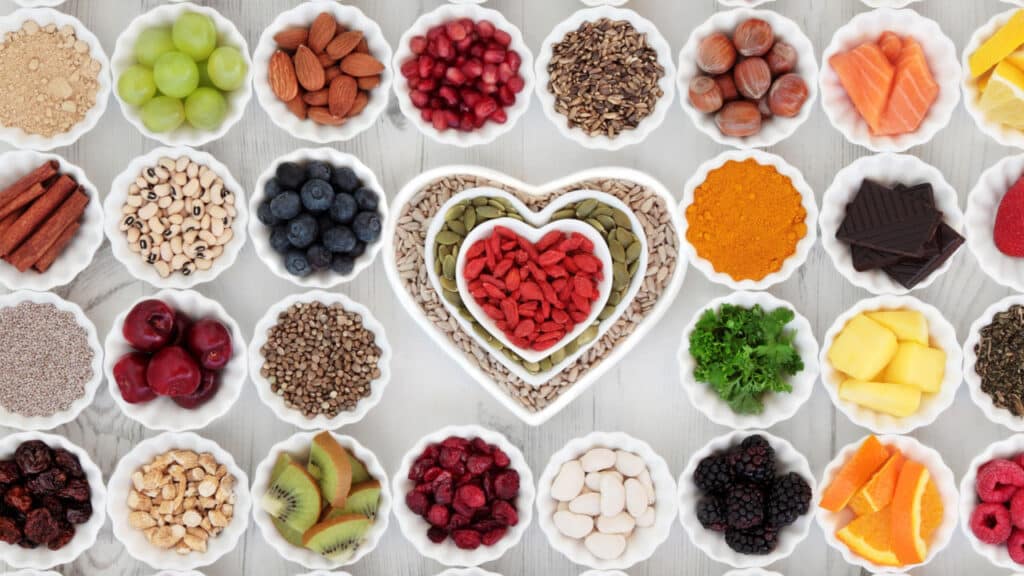You probably know by now that eating a balanced, healthy diet is one of the best ways to look after your heart. When it comes to dietary recommendations, however, they often focus on mainstream American food habits. What if your preferred diet is Asian, Caribbean, or from elsewhere in the world? How can you modify that to be more heart friendly?
This is an important question because Black and South Asian people are often at an increased risk of heart-related problems. Heart disease, strokes, and risk factors such as cholesterol, high blood pressure and diabetes are more common. There are lots of possible reasons for this, but luckily there are also ways to improve outcomes.
For example, consider saturated fat, one of the big demons when it comes to health and nutrition. Indian cooking often uses ghee rather than oil, which is particularly high in the bad types of fat. In some Indian cooking, and in the Caribbean as well, coconut products such as coconut oil, coconut milk and coconut cream make frequent appearances. These are all high in fat.
You could replace ghee or coconut oil with a lower-fat option such as olive oil. If you don’t want to mess with your recipes and the flavors you know you like, you could still reduce your usage. Measure a teaspoon or tablespoon of oil rather than freely pouring it into the pan. Don’t reuse oil for deep frying because it can create a harmful chemical reaction. Try low-fat coconut milk if you don’t want to replace it with water. Use the oven or grill instead of frying.
There are a few ways that methods of cooking can make the same foods more or less healthy. Cutting back on frying or trying air frying instead is the obvious one. Steaming is better than boiling because it preserves more nutrients. Of course, using ingredients with plenty of nutrients to begin with, like fresh vegetables, is a good start.
It’s not all bad. Indian diets often feature lentils in dhal, which have a lot of nutritional value. Peas and beans in Caribbean cooking can serve a similar role. As you cut back fat and salt, increase these aspects.
These are only a few suggestions as a starting point to get you thinking. Cuisines are different around the world, but what your heart needs remains the same.




